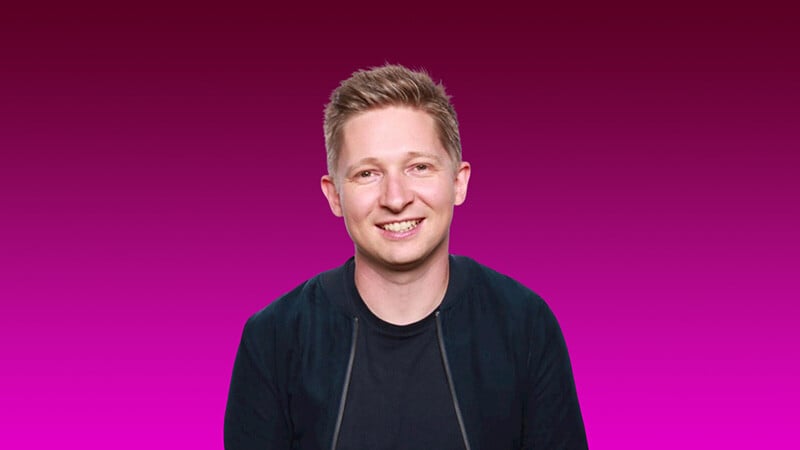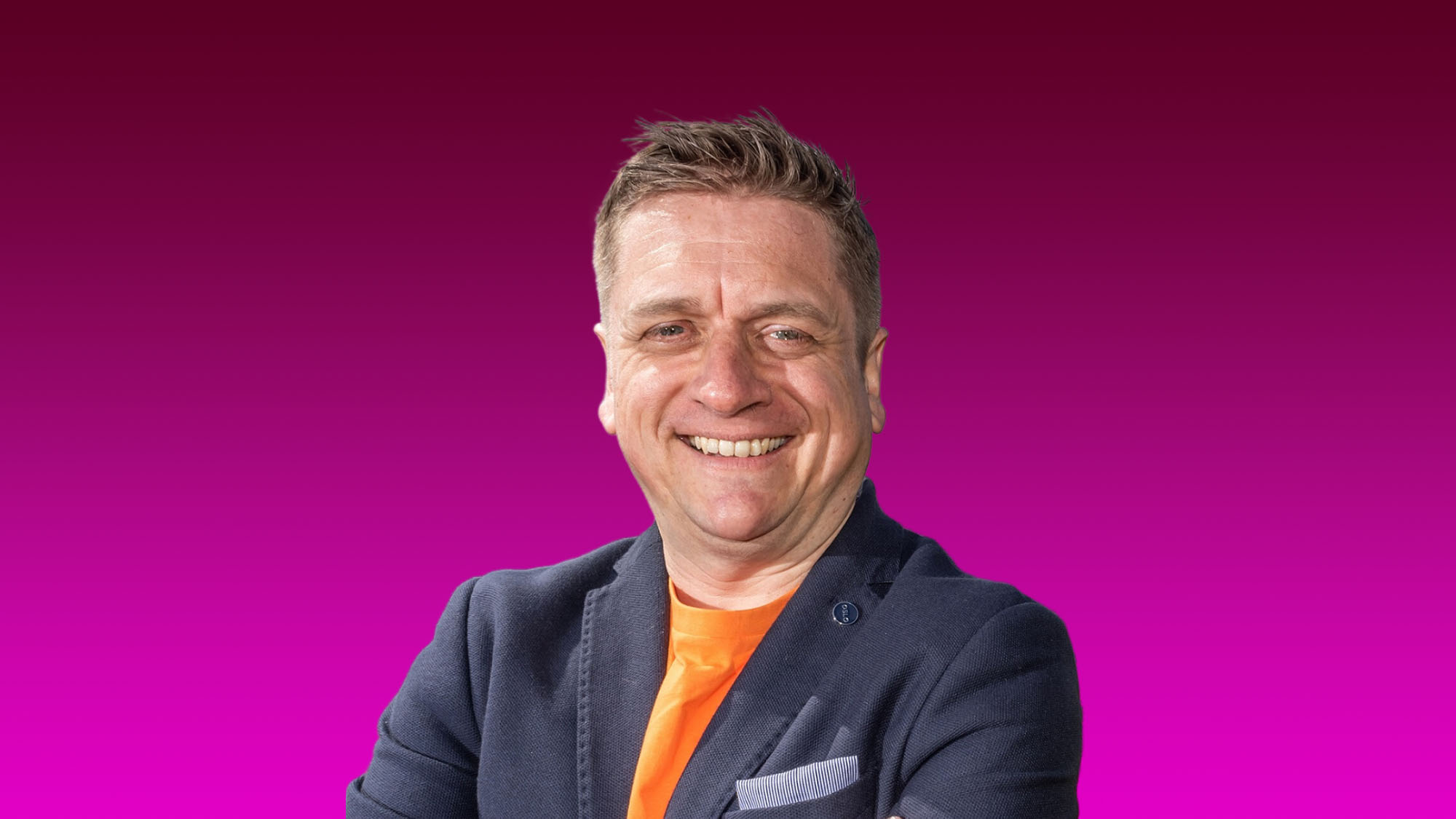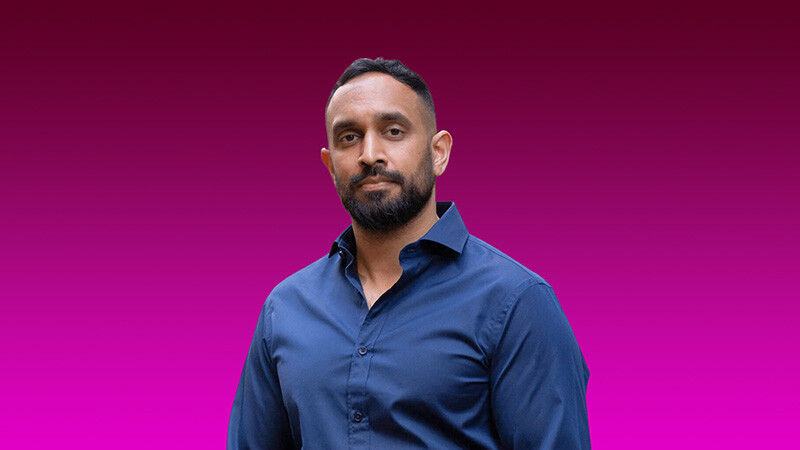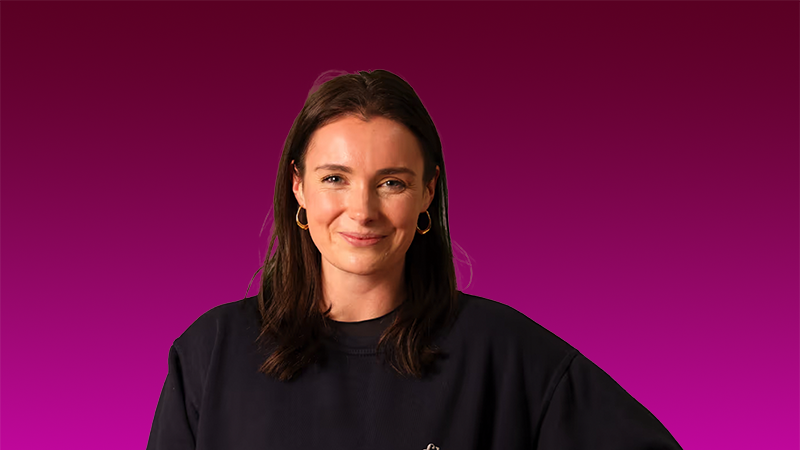FounderMetrics: Simon Paine
Joining Ifty Nasir on the latest episode of FounderMetrics is Simon Paine, the trailblazer behind the Rebel Business School.
Manage your equity and shareholders
Share schemes & options
Equity management
Migrate to Vestd
Company valuations
Fundraising
Launch funds, evalute deals & invest
Special Purpose Vehicles (SPV)
Manage your portfolio
Model future scenarios
Powerful tools and five-star support
Employee share schemes
Predictable pricing and no hidden charges
For startups
For scaleups & SMEs
For larger companies
Ideas, insight and tools to help you grow

On the fourth episode of this second season of FounderMetrics, our CEO Ifty Nasir interviews Ryan Edwards.
Ryan is the CEO and founder of Audoo - a company dedicated to bridging data and music to ensure artists and creatives get their fair share.
In this conversation with Ifty, Ryan shares more about his fascinating journey from musician to tech entrepreneur.
He sheds more light on the challenges of starting Audoo, the music industry as a whole and how Sir Elton John, Sir Paul McCartney and ABBA's Björn Ulvaeus came to invest!
We’ve rounded up the key highlights for you but you can also click here and listen to the podcast in full.
I started off as a musician. I signed a record deal when I was 18 years old. I was just finishing my A-levels, ready to go to university, and the glitz and glam of the music industry came.
It didn't last as long as we hoped it would, but you know how these stories go! We went out, toured, and met our heroes.
We had a top-10 single in the UK, and then it all came crashing down.
After that, I spent years in technology and data businesses.
A few years ago, I heard my song in a really popular department store in London, which got me thinking about how royalties work (the payments made to the rights holders of a song).
My wife was definitely looking for an expensive handbag that day, so things were going on in my head. That evening, I sat there Googling away, wondering how it all works.
What I found were articles and forums filled with negativity, talking about a broken industry. It wasn't that it was broken; it just needed to be fixed from a technology-first perspective. That set me on a mission.
If you are in a public location playing music, you need to pay for a music licence. In the UK, you'll have heard of PRS and PPL, which are similar to TV licences for commercial premises.
Right now, we're working on a voluntary basis with the rights organisations because it's early days. Over time, we think it will become a condition of the licence.
We liken it to a smart meter in energy; you need a meter to track electricity and gas, and it's the same with music.
We're a technology company solving the bridge between data and music, specifically in an area known as public performance. This includes music played in cafes, gyms, retail locations, and restaurants.
For many years, data collection in these settings was manual, involving surveys and statistical samples that didn't reflect reality. We created a device called an audio meter, which tracks the music played and reports it back to the rights organisations.
The audio meter plugs into a single socket in any retail, gym, or fitness location. It’s all very simple, and it ensures the artists whose songs are played in public places get their fair share based on accurate data.
I applied for my SEIS advance assurance and got it with a really bad pitch deck and some very basic numbers. I went to 10 friends and family members, asking each of them to invest £10,000, and seven of them said yes. We were all set to go when COVID-19 happened.
We were due to launch our first pilot in the UK in April 2020. I'll never forget sending that email in the final week of March to the guys at PRS, saying, "I hope you're okay; we'll be in touch in six months." And that was it. I sat at home thinking, "Oh my God, what do I do?"
However, technology came to our aid. We could have meetings across the world without moving, and in the end, it was only delayed. We finally launched our first commercial pilot a year later in April 2021.
I did an interview on BBC News as our story was gaining momentum, and I received an email from Björn Ulvaeus.
It said, "Hello, Ryan, my name is Björn. I saw you on the news. I'm a songwriter, and I'd love to see if I can help in any way." I thought one of my friends was joking, but it was really him. We set up a Zoom call, and there he was!
People - specifically investors - will of course want to track your revenue and see your progress every quarter and year. We provide regular updates via a newsletter.
Another important aspect is the team. I'd worked in two technology startups before, one in FinTech and one in app development, and had share options in both.
However, understanding and managing those options was always complex. So, being able to service our shareholders in a clear way, showing share growth and new valuations, was crucial.
We've grown the business in a few key ways:
We're just going to keep growing and going. There was never a set jumping-off point. Some people plan to hit a number and then sell to a PE house, but we’re just having fun and doing it.
I think that's key to continuing - having fun.
There's no reason to stop just because you hit a number. Time is a crucial element.
There is only a certain amount of it, and trying to cover all bases means you might let go of things that should have been addressed by you. A winning mindset involves recognising these limits and addressing them effectively.
You'll find Ryan's episode and more from FounderMetrics wherever you get your podcasts, including Spotify. You can also watch the interview in full on YouTube. Don't forget to like and subscribe!

Joining Ifty Nasir on the latest episode of FounderMetrics is Simon Paine, the trailblazer behind the Rebel Business School.

In the second episode of this second season of FounderMetrics, Ifty Nasir interviews Raj Thiruchelvarajah. Raj is the CEO and co-founder of Hytro -...

On the fifth episode of this second season of FounderMetrics, founder and CEO Ifty Nasir sits down to chat with Molly Johnson-Jones, CEO and...